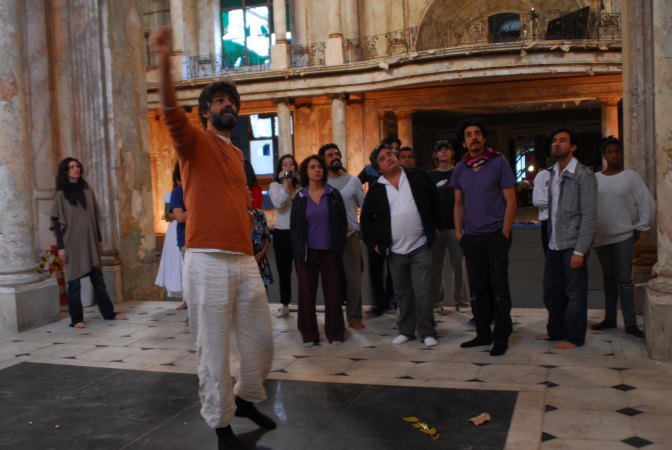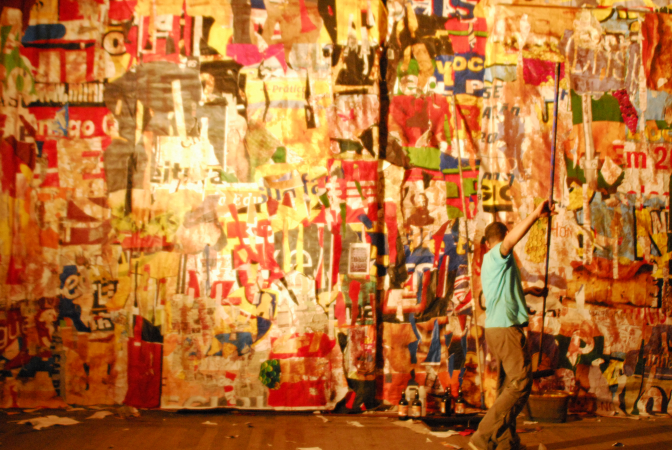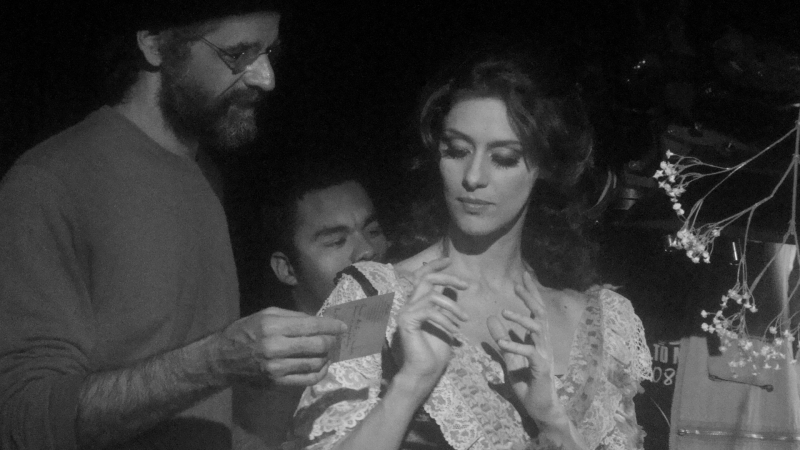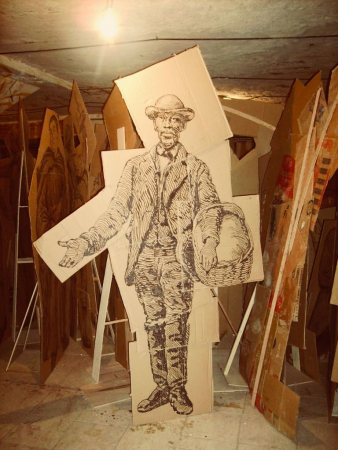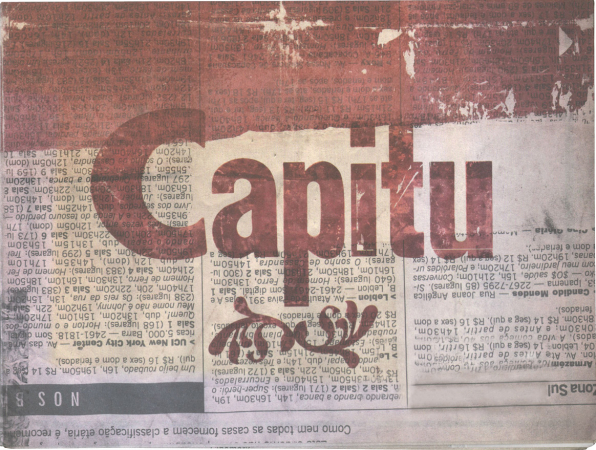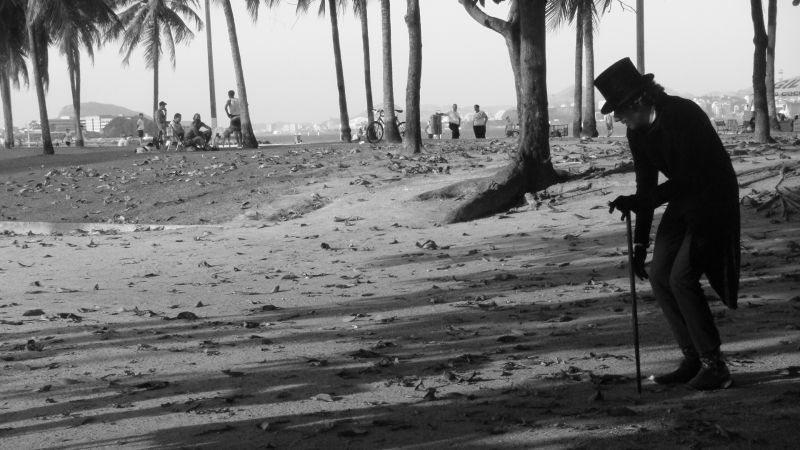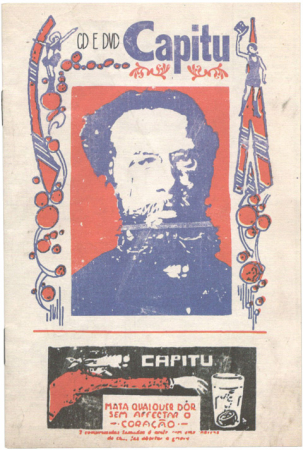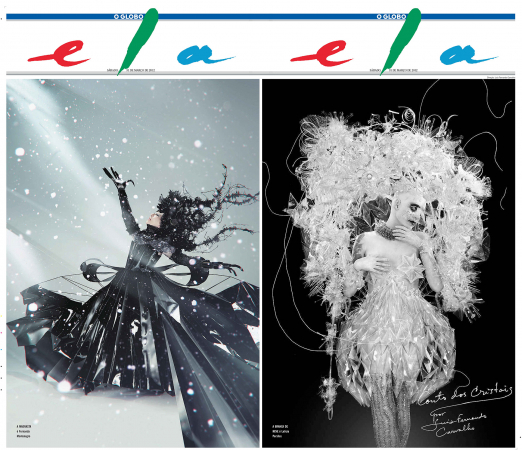I do not believe in adaptations. Adaptations are always, somehow, a flattening of the original work, an assassination of the original text. Because of this, I define the work done in the miniseries as an “approximation”. Reason why I decided to adopt a different title, Capitu, instead of Dom Casmurro, the original title of the romance. Thus, the idea of approximation would become even clearer, revealing itself not as a mere attempt to transpose from a support to another but rather as a dialogue with the original work.
In the show, I am reaffirming the doubt present in Dom Casmurro as part of the cultural and dialectic process of modernity. And I believe doubt is neither unmoral or immoral, it is not a sin. The writer of the romance, Machado de Assis, appeared as a man ahead of its time, a new aesthetic proposal in relation to the literature at the time that was produced in the country and abroad. The option for the doubt turns the romance into a mythical struggle between the mere appearance of things and the truth of the world.
The very beginning of the romance fill us with emotions due to the idea of continuation. The first time a character speaks in the romance – and this character is no other than Dom Casmurro – says only a word to the young poet that plays him: ‘Continue’. This speech as such an extreme power. I like to think Machado was successful – regardless of the high quality of his literature – because he knew how to continue, to insist in his obsessive themes, assuming all kinds of risks.
The opera, of which Machado was an enthusiast, had a significant role in this approximation I proposed for the romance. He wrote and stated “life is a comical opera, with some serious parts, with some serious melody”. When Machado stated that, he is also reflecting on the world of appearances, where, most of the times, appearances are more valued than truth itself. This is the world of masks. It is the world of opera as a metaphor for social relationships.
